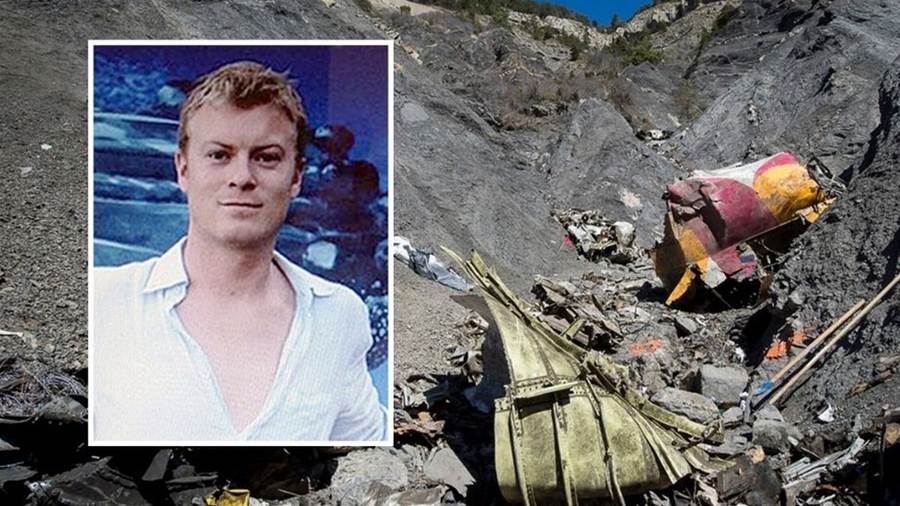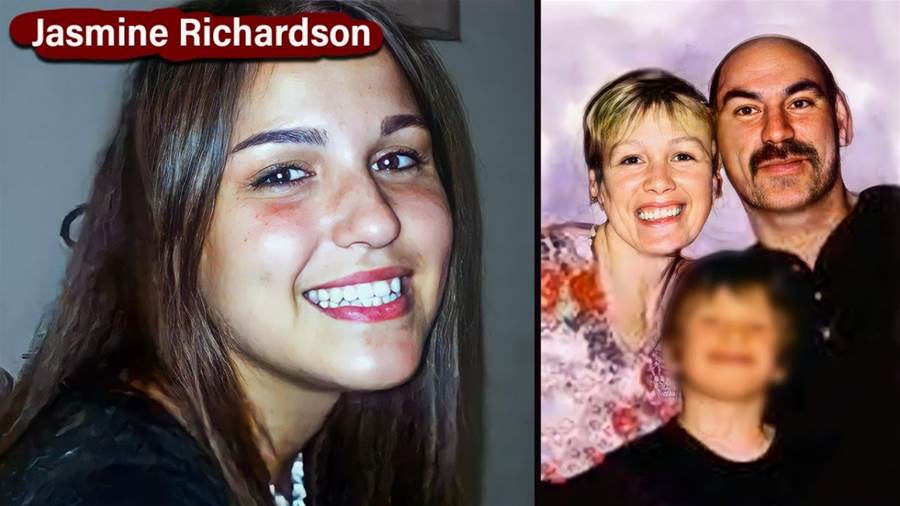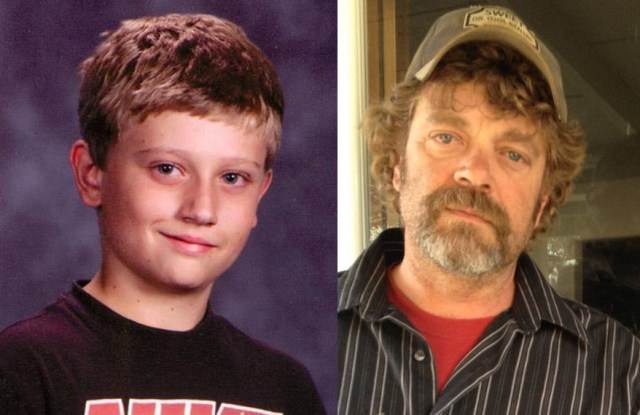
An Ordinary Flight Turns Deadly: The Mystery and Horror Behind Germanwings Flight 9525
March 24, 2015, dawned like any other day for 150 passengers and crew aboard Germanwings Flight 9525. The flight, en route from Barcelona to Düsseldorf, started off smoothly, the Airbus A320 gliding across the European skies. But as the aircraft reached cruising altitude, an unimaginable series of events unfolded, transforming a routine journey into a nightmare that ended in tragedy.
The Locked Cockpit: A Moment of Innocence Turns into Unthinkable Terror
As the aircraft leveled off at 38,000 feet, the captain left the cockpit for a quick restroom break. What he didn’t realize was that his trusted co-pilot, Andreas Lubitz, was about to make a choice that would change everything. When the captain returned, a nightmare began to unfold. He knocked lightly, expecting Lubitz to let him back in, but there was only silence. His knocks grew louder, each one echoing through the cockpit door and into the cabin, where passengers began to notice the unusual sounds and feel a subtle shift in the plane’s direction.
Frustration turned to desperation as the captain tried everything—knocking, yelling, even attempting to break down the reinforced door—yet Lubitz remained unmoved, his intentions concealed in a chilling silence.

An Icy Resolve at 38,000 Feet: Lubitz’s Chilling Decision
Inside the cockpit, Lubitz sat alone, ignoring every sound and plea from the other side.
He had made his decision. Slowly and steadily, he began to guide the plane into a controlled descent toward the French Alps. The descent was quiet but deliberate—a steady, unbreakable commitment to his deadly plan. Passengers, noticing the tilt, must have started to realize something was wrong. There were no alarms, no warnings, just a steady drop that, with each passing second, brought them closer to an unimaginable fate.
The Descent Continues: Passengers and Crew Left Powerless as Minutes Tick By
The altitude alarms began to sound, filling the cockpit and cabin with an eerie reminder of the approaching terrain. Passengers exchanged anxious glances, unsure of the cause but sensing a crisis in the air. Lubitz remained silent, his hands locked onto the controls, the outside world fading from his focus. The captain’s desperate pounding echoed through the cockpit, growing more desperate as the aircraft’s descent continued. In those final moments, the difference between life and death was nothing more than a locked door and a tragic silence.

A Haunting Discovery: The Co-Pilot’s Dark Struggles and Troubling Search History
In the days that followed, investigators searched for answers, only to uncover a haunting backstory. Lubitz had a documented history of severe depression and mental health challenges. Just days before the flight, he had searched online for information about cockpit door locking mechanisms and suicide, suggesting a calculated and deliberate plan.
Medical records revealed that he had been advised not to fly, though privacy laws prevented his employer from being informed. This oversight, combined with his own silence, ultimately left those aboard Flight 9525 without protection from the unthinkable.
Aviation Industry Under Scrutiny: Calls for Mental Health Reforms and New Safety Measures
The crash stunned the world, and the aviation industry came under intense scrutiny. How could such a tragedy have happened, and what could have been done to prevent it? Airlines and aviation authorities moved swiftly, introducing new policies requiring two crew members in the cockpit at all times.
The tragedy sparked global discussions about pilot mental health, as well as the need for transparency and support systems to prevent future incidents. Though the industry responded with policy changes, the questions remained: how do we balance privacy with safety? How can we protect both passengers and the pilots who carry the weight of hundreds of lives on every flight?

Heartbreak and Outrage: Families Seek Answers and Closure
Families and friends of those lost on Flight 9525 were left grappling with unimaginable grief and questions that may never fully be answered. “How could he betray the trust of 149 souls?” one grieving relative asked, speaking to the pain and disbelief felt by so many. The crash forced a reckoning, not only with the tragedy itself but with the hidden mental health battles that too often go unnoticed.
As they searched for closure, loved ones called for changes that could spare other families from such heartbreak.
The Lasting Legacy of Flight 9525: A Tragedy That Shaped Aviation Safety
Today, the memory of Germanwings Flight 9525 lives on as both a cautionary tale and a call to action. Airlines have implemented stricter mental health screenings and encouraged more open dialogue around pilots’ well-being. Although these changes bring some comfort, the legacy of Flight 9525 is one of profound tragedy—a reminder of the enormous responsibility placed in the hands of those at the helm and the heavy trust they carry.
As the aviation industry moves forward, the memory of this tragedy reminds us of the price of silence and the importance of every life on board.
What Do You Think? Should Privacy Laws Change for Greater Safety?
In light of this tragedy, how should airlines balance the need for pilot privacy with public safety? Should there be stricter mental health screenings, or would this infringe too far on personal rights? Share your thoughts below, and join the conversation.



















